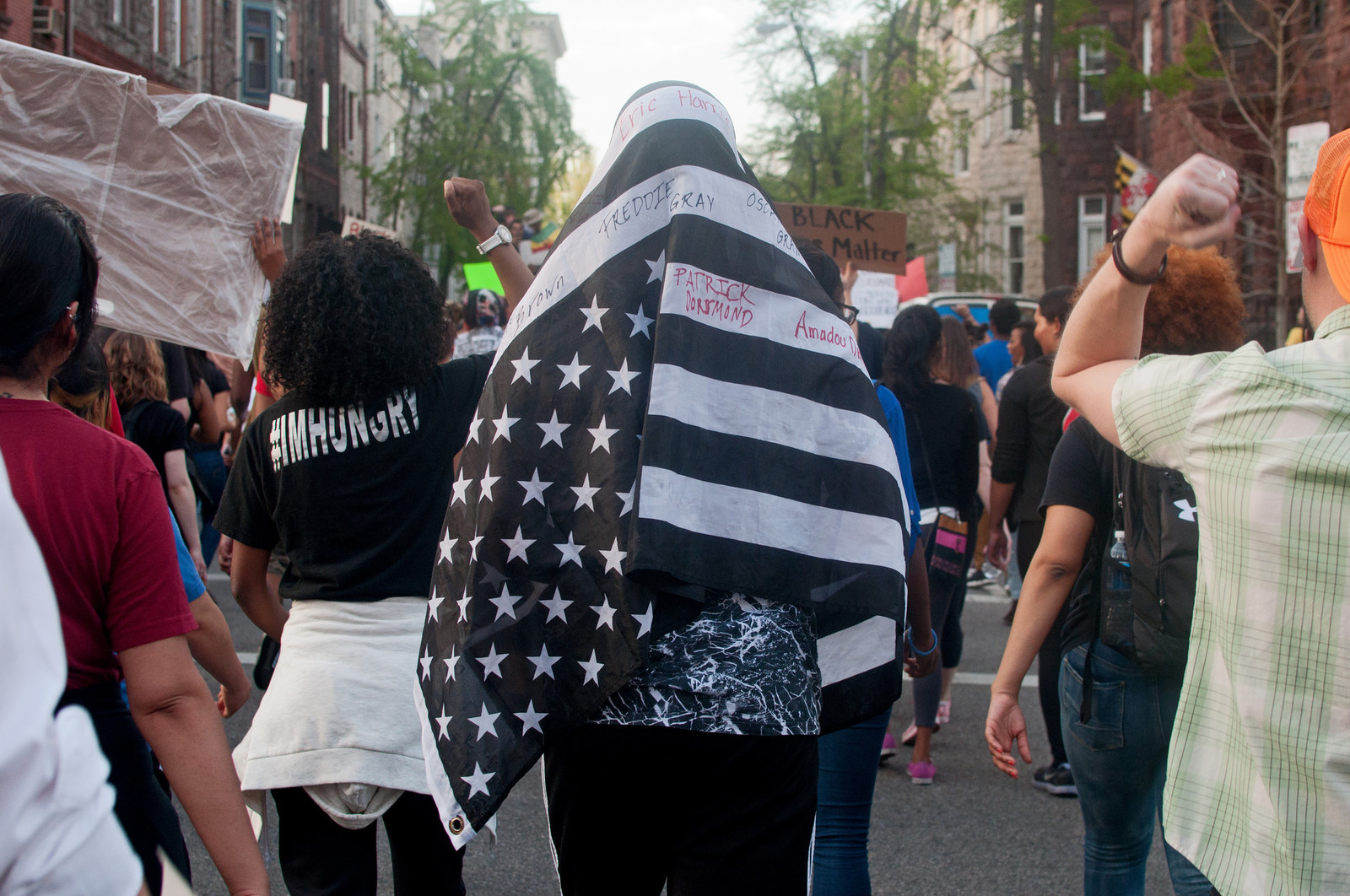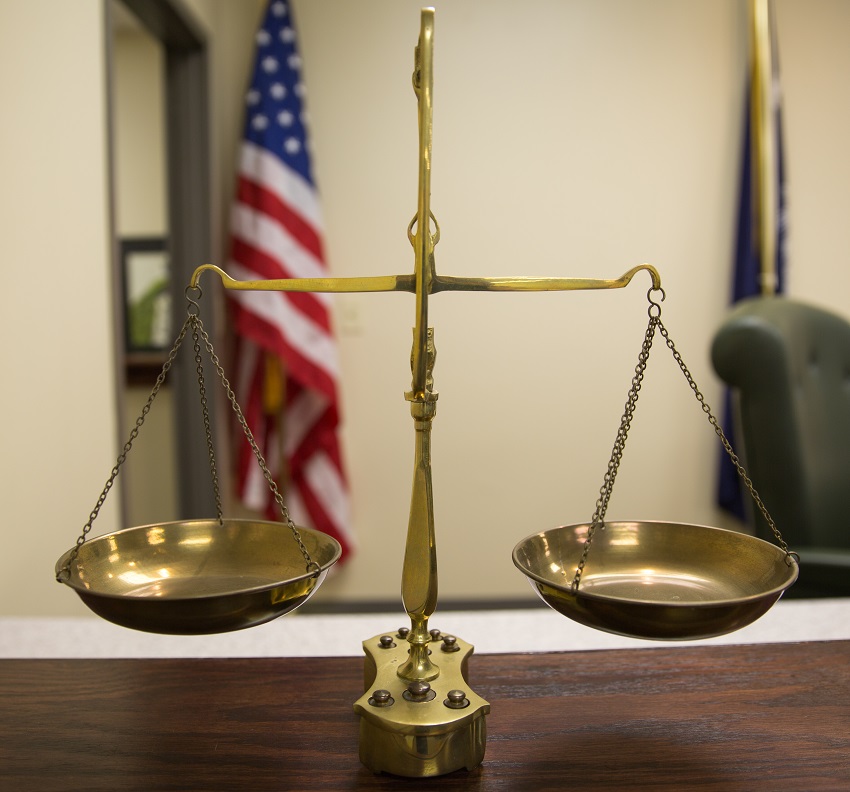
Justice for Freddie Gray rally in Baltimore. Bryan Vana / AFSC
Privilege: spending the week shocked that so many Americans could support a racist, sexist and homophobic demagogue.
Privilege: using economics as a means to rationalize voting for a blatantly bigoted candidate.
Privilege: defending said voters in the name of reconciliation.
Privilege: dismissing the rise in hate crimes as exaggerated and/or temporary.
Reasons that I do not have the aforementioned privileges:
1. The idea that the melting pot equals inclusion is a myth. Take it from me, someone who fights to find a sense of belonging in EVERY space I navigate. Too effeminate to fit in with “the guys,” too Black and poor to feel at home at Duke & Princeton, too gay to be accepted in religious communities, too whitewashed to be fully embraced by the black community, too colored and low-income to feel comfortable in what are often classist white-dominated LGBTQ spaces, too “ghetto” (read Black) for professional spaces... I have been called a nigger, faggot, sinner and sellout enough to know that no community is as “inclusive" as it thinks. Having pockets of friends and family who love me for who I am does not count as inclusion; they are called safe havens in a world that is anti-ME. And the fact that a community is marginalized does not imply that it is also inclusive. So am I shocked that so many Americans could support an overtly racist, sexist and homophobic candidate for president? Nope, not at all. It supports the narrative I have experienced and know all too well.
2. The option of prioritizing economics over racism and the like is one I do not have. Why? Because people who look like me and love like me are literally dying in the streets of America. At the heart of any economic policy that has ever killed someone like me is white supremacy, so I still end up with no choice in the matter. I must first fight to preserve my right to live before I can fight to preserve my right to prosper. Though it must be nice to be able to rank one’s bank account over another’s humanity.

3. While many are urgently calling for the country to focus on the needs of poor white voters, I am busy reflecting on which of the following is worse: someone who is overtly racist or someone who can turn a blind eye to racism for economic self-interest? If you have the privilege of not having to wrestle with this question, by all means, get started on reaching out to those voters. But spare me the lesson on how much their purses and wallets matter. The message of reconciliation is not for everyone. Certainly not me and certainly not right now. Meanwhile, I will keep waiting for the country to focus on concerted efforts to address my needs instead of placating me with symbols, idols, and empty promises. Perhaps that day will come once we get poor whites squared away in a higher position of power and prosperity. I just need to wait my turn, right?
4. There must be nothing easier in this life than telling someone in danger to calm down when your life is in no way threatened. I am actually assuming that it must be easy. Truth is, I cannot for the life of me understand how someone who most likely has never been the target of hate speech or a hate crime can try to convince communities with long legacies of being targeted that they have nothing to worry about. Or that the recent spike should not be alarming to them. The message about all the progress we have made as a society is not for everyone. Certainly not me and certainly not right now. Have fun looking on the brighter side, that’s too risky for me. My life and the lives of people who are like me depend on our vigilance, not our optimism.
What is worse is that I had little confidence that either candidate would bring about the radical systemic change needed to make America great. Yet even in this moment of familiar despair and exhaustion, it is clear that giving up is another privilege that I do not have.